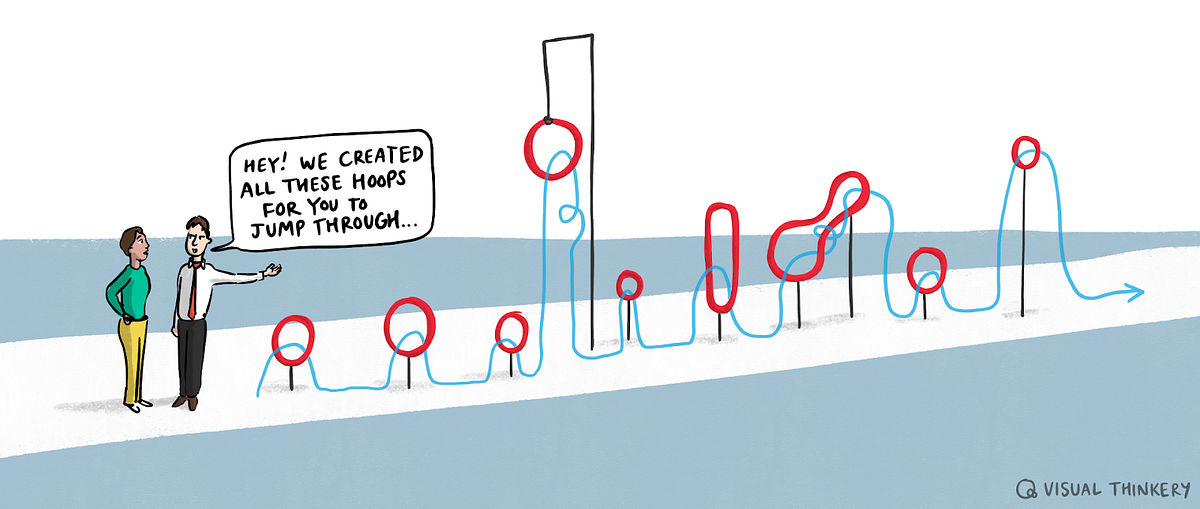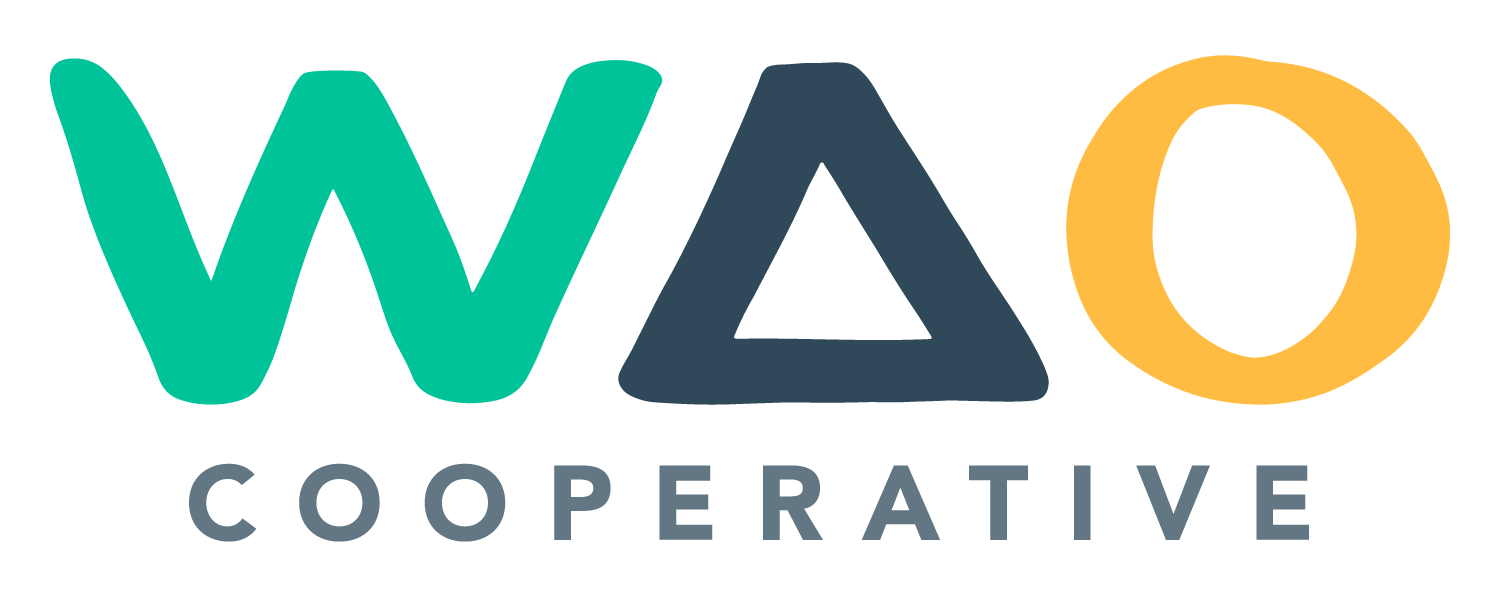Rethinking RFPs
Ensuring fairness for smaller organisations and marginalised communities

The non-profit sector loves to talk about equity and inclusion, but when it comes to Requests for Proposals (RFPs), it’s often a different story. We’ve found too many RFPs demand hours or even days of unpaid work from agencies in a competitive process that drains time and energy. For smaller agencies, worker-owned cooperatives like WAO and those working with marginalised communities, we see this as not merely unfair — it’s a gatekeeping tactic that shuts out new voices and reinforces the status quo.
What’s wrong with the traditional RFP process?
Larger agencies and multinational corporations employ people specifically to win new work, meaning that RFPs have become a rigged game. Smaller agencies are expected to donate hours of unpaid labour just for the chance to land a project. It’s a raw deal. While we’re happy to spend time meeting the client and gathering some context, the time and resources we pour into project plans, timelines, budgets and the rest of the proposal requirements often end up as free idea banks for the organisation issuing the tender. For smaller organisations like ours , this means not being able to compete. In our opinion, the process stifles innovation and limits diversity by shutting out those who can’t afford to play.
Paid discovery phases: a better way forward
One of the few organisations we’ve come across who have thought differently is Migration Exchange. They pay organisations and freelancers for their work as part of the RFP process, which if you think about it is a short discovery phase.
This approach is a simple, effective fix for an outdated process. Here’s how it works: organisations pay agencies to research, plan, and strategise at the outset. No free labour, no exploitation. This not only levels the playing field but creates stronger partnerships and better outcomes for everyone. Even a symbolic dayrate would encourage many smaller organisations to apply.
Why It Works
- Collaboration rather than exploitation — Paid discovery phases give agencies the breathing room to focus on delivering their best work, knowing they’re being fairly compensated. This creates space for honest, creative problem-solving rather than rushed, underfunded guesses.
- Fair play — Smaller agencies, often representing underrepresented voices, get to compete without worrying about unpaid work eating into their already tight budgets. This means more diverse ideas and solutions, which benefit everyone involved.
- Better, faster results — When agencies can afford to commit proper resources upfront, organisations get thoughtful, well-researched proposals instead of rushed pitches cobbled together at midnight. Paid discovery saves time and money down the road.
Walking the talk
Remember that this isn’t just about fairness for agencies, it’s also about equity for the communities they serve. Smaller agencies and cooperatives often have the deepest ties to marginalised groups, but they’re the ones most likely to be shut out by unpaid RFPs. By compensating discovery work, organisations ensure these voices aren’t drowned out by big-budget players with little connection to the people at the heart of the issue.
Examples
- Made by Kind swears by the paid discovery approach as a way to transform the way tech projects are handled, aligning expectations and improving outcomes. It reduces risks and helps deliver solutions that are actually fit for purpose.
- Open Contracting Partnership focuses on fairness and transparency in procurement to level the playing field for smaller organisations. Their work demonstrates how equitable practices can help ensure that even underfunded or smaller agencies have a fair shot at participating in the tendering process.
- Matchstick Legal advocates for paid discovery as standard practice to prevent exploitation and promote fairness. Their approach ensures agencies are compensated for initial work, creating a more equitable and sustainable RFP process.
Change your approach
It’s time to call out the exploitation that has plagued RFPs for too long. If you’re issuing a tender, don’t ask for free labour — invest in the process. Paid discovery phases aren’t just a fairer way to work; they lead to smarter solutions and stronger partnerships. Let’s ditch the old ways and build something better.
- Issuing a tender and need some help getting it right? Contact us! We can help you figure this out.
- Responding to a tender and want to figure out if it’s worth your time? Try Story Cube’s Pitch or Ditch Scorecard — at least until more tendering organisations get their act together around paid discovery processes!

Discussion